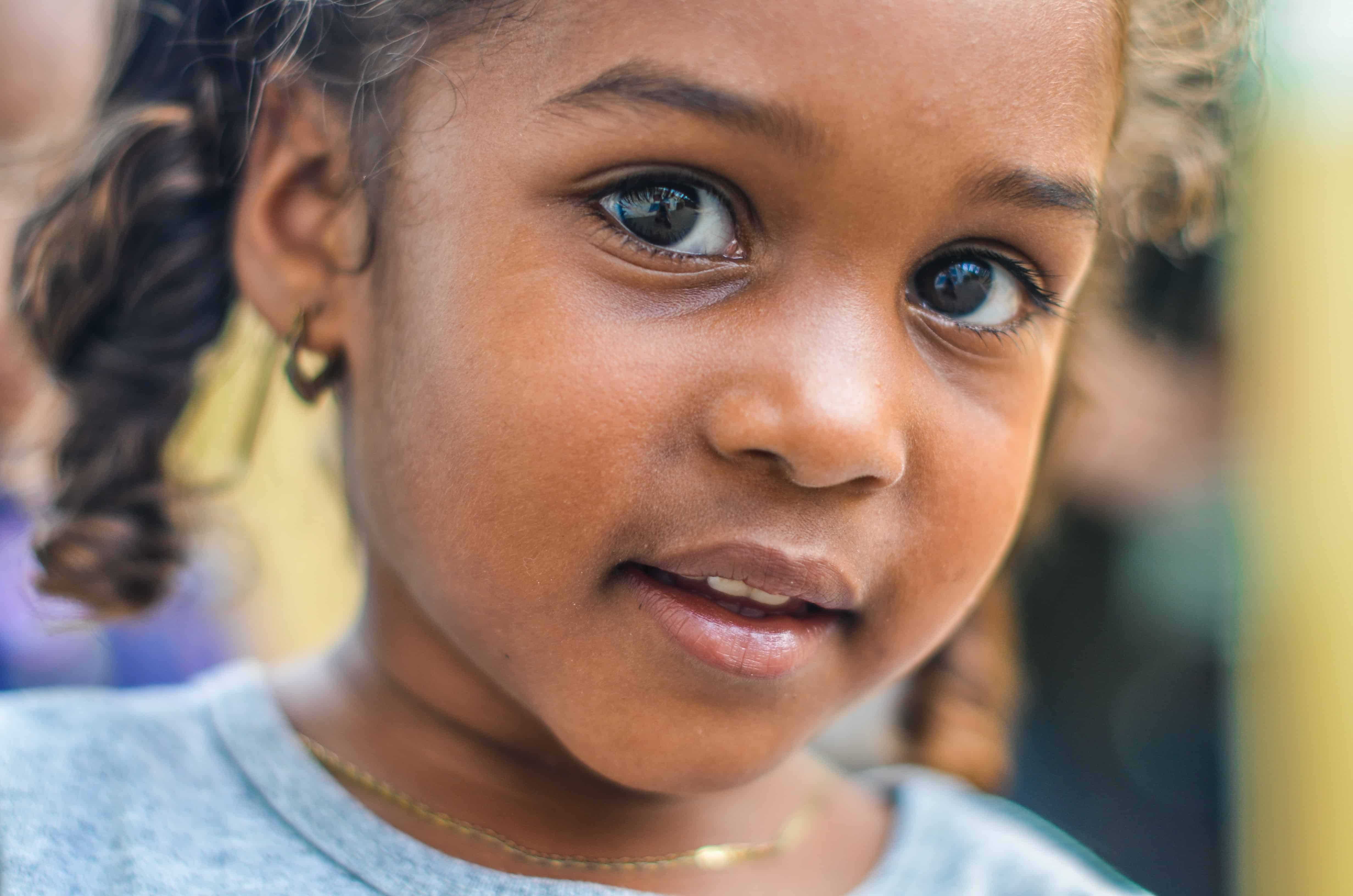Do your kids know what ‘consent’ means?
It can be challenging to open up conversations about certain topics; but we do them a disservice by not addressing it. Body boundaries, the proper names of body parts and consent should be talked about directly and honestly.
“Over the holidays visiting friends and relatives may want to shower our children with hugs and kisses,” says Nadine Thornhill, Ed.D, a sexuality educator. “It’s an ideal time to teach our kids about the fundamentals of consent. Ask your children if they want those hugs, and help them express those need to the adults.” This month, Thornhill is offering a workshop that will cover how to teach kids about the fundamentals of consent, how to be respectful when playmates say “no”, affection shared with family members, body boundaries and staying safe.
We asked her about the workshop this week.
What will your workshop cover?
We’re going to cover a lot – how to start the conversation around consent; how to model healthy boundaries for your kids; family-friendly resources you can use to help make lessons about consent fun and more engaging; and consent with friends and family. We’re also going to talk about how we as parents teach our kids about consent when we sometimes have to make them do things with their bodies they don’t like or want.
What’s great about this class is that parents will walk away with tools to help their child build a solid foundation when it comes to understanding and practicing consent. That’s something that will literally serve kids in all their relationships for the rest of their lives.
What are some tips/techniques we can use to talk with our kids about sexual abuse? At what age should that start, and what would that look like at various ages?
If you can, talk to your child in a place where you both feel safe and at a time when you don’t feel rushed. Try to keep a calm, even tone. We want to make kids aware without terrifying them.
Bath time can be a great teachable opportunity for little kids because can learn and recite the names of their body parts as they learn to wash themselves. Parents can use that moment to explain that grown-ups or older people should never try to touch their vulva, penis or bum.
As children get older, we can open up a conversation by asking questions like, “Who could you tell if an adult did touch your genitals or some other part of your body in a weird way?” and “Why should a grown-up or older person never do something like that to a child?”
Finally, kids certainly can be abused by strangers, but it’s more common for predators to be people children know and trust. That’s why I suggest helping children identify at least two, but ideally, 3 or 4 grown-ups that they trust enough to tell if someone is abusing them.
How can we make ourselves more approachable to our kids so that they can come to us to talk about these issues?
Listening and validating our kids when they express their emotions. For example, if your child comes home furious at their teacher, you can say something like, “It sounds like you had a really rough day.”
To be clear that doesn’t mean you have to validate all of their behaviours. For example, if your child calls the teacher a name, throwing things, or hitting someone let them know that anger is not an excuse to be mean, destructive, or abusive. But empathizing and letting them know it’s okay for them to have the feeling and to tell you about that. shows that you’re someone they can trust and depend on.
Are there any tactics we can employ to reduce the likelihood of our child being sexually abused?
Teach kids to use words like penis, vulva and testicles. Say them in your home, the same way you use words for your other body parts. This helps protect kids. Sexual predators tend to target children who are uncomfortable or unfamiliar with the words for genitals. If kids already have shame or embarrassment around their genitals, it’s easier to manipulate them into secrecy. If they literally don’t know the words for their genitals, it’s a lot harder for them to tell anyone what’s happening.
What do you wish more parents knew about consent and child sexual abuse?
Consent isn’t just about sex and it’s not just about saying “no”. On a super-basic level, consent is when we can, freely of our own accord, agree to share an experience with someone else. When your child comes running into your outstretched arms, they’re learning something about consent. When their friend says, “Nah, I don’t want to come over today,” they’re learning something about consent. When their sibling is poking them and they cry, “STOP IT,” they’re learning about consent. Every day of a child’s life provides opportunities for us to help them learn about consent. We just need to know what they are.
Teaching Kids About Consent is coming to the Workaround (2080 Danforth Ave) on Dec. 15th. Register here.




 Follow Us On Instagram
Follow Us On Instagram
